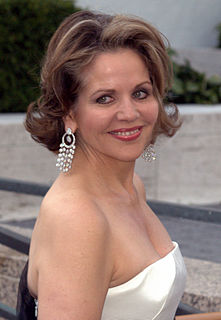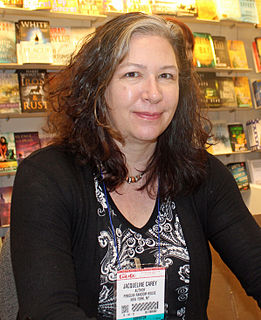A Quote by Jorge Luis Borges
I would define the baroque as that style that deliberately exhausts (or tries to exhaust) its own possibilities, and that borders on self-caricature. The baroque is the final stage in all art, when art flaunts and squanders its resources.
Related Quotes
I thought for a long time that within art, that you would come up with an idea, you would labor over it intensely until you felt like it was done, and then when you finished it, that was the final stage. I started to realize that that's not actually the completion of it. The final stage of any kind of art is to really lose control over it and let it affect other people. You can't control the effect that it has on people, but you hope that it has some sort of reaction. You just hope that they're not indifferent to it, you wanna make people feel something, whether it's love or hate.
Fine art, that exists for itself alone, is art in a final state of impotence. If nobody, including the artist, acknowledges art as a means of knowing the world, then art is relegated to a kind of rumpus room of the mind and the irresponsibility of the artist and the irrelevance of art to actual living becomes part and parcel of the practice of art.





































